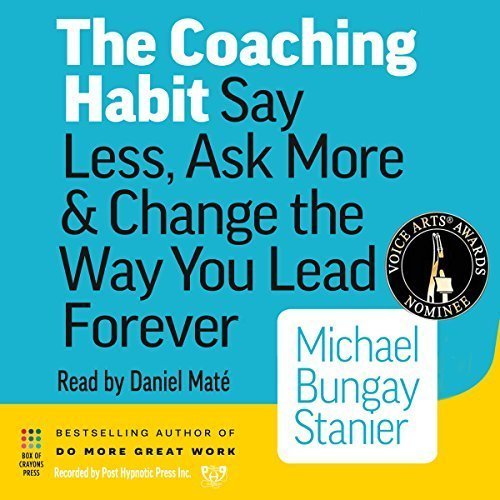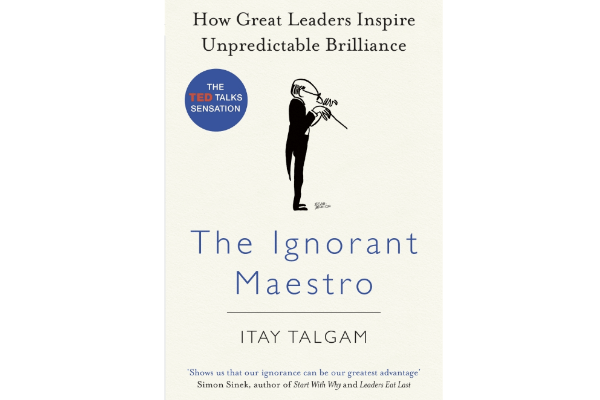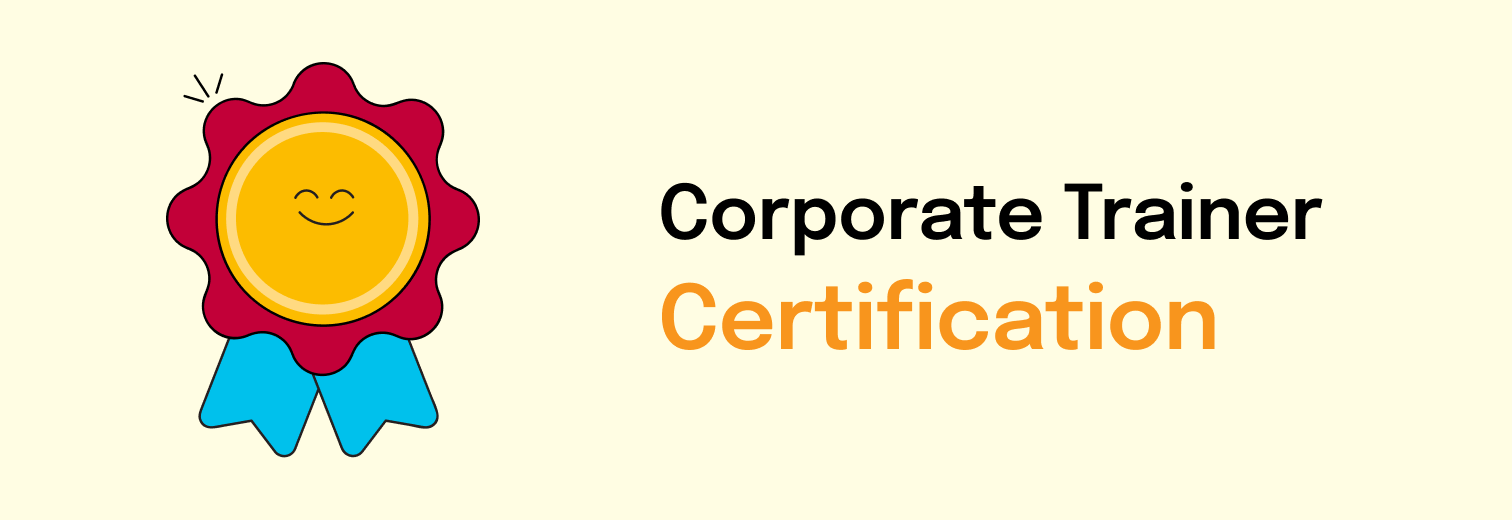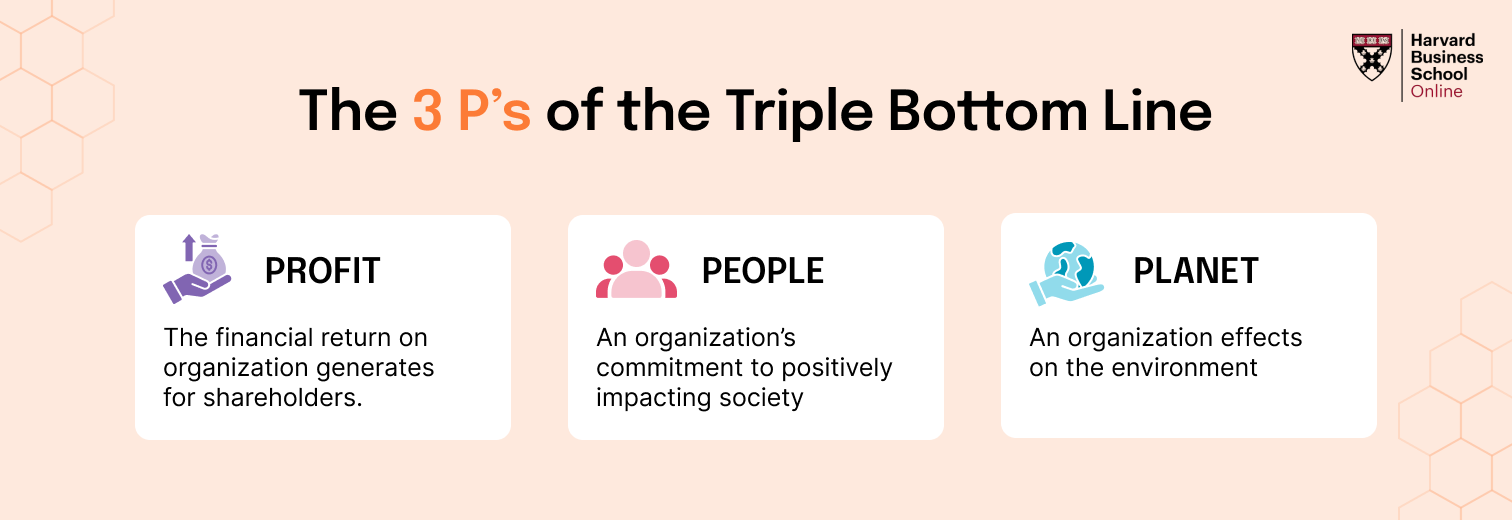In the first part of this series, we have read about the possible vicious cycles that people tend to fall into while managing any given team. These cycles can lead to poor management and reduce the overall productivity of the team. Thus, it is essential for a manager/leader to practice coaching as a habit. Furthermore, it is important to go about it the right way. The article then goes on to discuss the seven essential questions that should be a part of an effective coaching session.
We had discussed the first two questions, called the “Kickstart Question,” and “A.W.E. Questions.” It’s time to move on to the remaining questions and secrets. The first question coming up is the “Focus Question.”
The Focus Question: What’s the real challenge for you?
Table of Contents
The Focus Question has two important parts :
- What’s the real challenge: There could be multiple challenges that the team member is facing. Which challenge matters the most.
- Real Challenge for you: Which challenge is impacting you the most?
These questions help the coach to cut through the fog of information in the following ways :
- Proliferation Challenges:
When the coachee seems to be buried in too many challenges and not able to clearly understand the real issue. Using the A.W.E question here can deteriorate matters here. - Coaching the Ghost:
The coachee may be attributing the issue to a third person/object which may not be helpful in solving the issue. The focus question can guide the coachee to the real challenge which can be controlled by him/her. - Abstraction & Generalization:
The coachee may attribute the issue to an abstract concept he or she has been holding on to. This is usually a dominant mindset or thinking pattern that may be skewing the view of the coachee. Once you have leveraged the Focus Question to identify the real challenge, it’s time to move towards a plausible solution. This is where the foundation question comes into play.
The Foundation Question: What do you want?
One of the hardest things to do is to articulate what someone REALLY wants. And sometimes, even if someone knows what they want, they find it difficult to ask for it. Before we understand the Foundation Question further, let’s differentiate between wants and needs :
Want – “I would like to have this.”
Need – “I must have this.”
“Needs” are deeper than “wants” and often more difficult to identify or uncover. They are often disguised in the garb of wants. Marshall Rosenberg , the creator of Non-violent Communication, says that there are nine universal needs :
When a coach asks the question, “What do you want?”, he or she needs to listen deeper for the needs. For eg, if someone says to the coach, “I want you to talk to the VP for me,” he might really be needing protection (I’m too junior). The foundation question helps the coach to recognize the coachee’s needs in a better way.
When the coachee expresses a want or need, you need to identify a way that you can be useful, albeit in a lazy way. This leads us to our next question –
The Lazy Question: How can I help?
Before we explore this question any further – let’s clearly distinguish between being helpful and being effectively helpful. In trying to be helpful, if we step in and take over, often your coachee will pay a price in the future by getting caught in any of the vicious cycles.
Also, the coach has another fear while asking the Lazy Question – what if I have to say ‘Yes’ to a new piece of work, an insurmountable task, give more budget, thus making an addition to your already towering pile of responsibilities. The way to deal with this is to realize that you can always say ‘no’ or ‘maybe’ to something or even provide a middle ground.
The Lazy Question has two distinct advantages :
– It forces the coachee to make a clear and direct request.
– It stops the coach from assuming that ‘he/she’ knows how he/she can help better than the coachee.
When the coachee or coach says yes to something, there also has to be a ‘no’ to something else. This is where the “Strategic” question comes into play.
The Strategic Question If You’re saying yes to this, what are you saying no to?
The strategic question is probably one of the most overlooked questions of the seven. This question has two distinct advantages which are as follows :
- Clarify what is it that the coach or coachee is putting on their plates and while doing it, what are they saying no to. Just saying ‘yes’ to doing something without setting boundaries to it can cause you to enter one of the vicious cycles.
- Build Commitment to the way forward – by clarifying the boundaries and clearly articulating what we are saying yes and no to, we build chances for a higher commitment to action.
We can use the 3P Framework again to clearly identify the boundaries.
Here are some examples :
- Projects :
- What projects do we need to postpone or even give up?
- What meetings will you no longer attend?
- What resources do you need to divert?
- People :
- What are the relationships you need to give up on?
- What expectations do you need to manage?
- Patterns :
- What beliefs do you need to give up on?
- What behaviour traits do you need to relook?
The strategic question guides the coachee towards commitment. At this point, there is only one question that is left to be asked.
The Learning Question: What was most useful for you?
The Learning Question brings a meaningful closure to the coaching conversation. It has the following distinct advantages :
- The learning question helps the coachee to summarize the conversation in his/her mind, thus helping him/her to put the critical aspects of the conversation together.
- It generates insights (usually 1 or 2 critical ones) which can help the coachee by creating neural pathways.
This question also helps the coachee realize that the conversation was useful even though he/she may not have received any direct answers. It gives the coach feedback for future coaching conversations.
Conclusion
The 7 essential questions might have ended, however, your journey towards becoming a highly efficient and effective manager with ninja coaching skills has just begun! I hope this synopsis proves to be as useful to you as the book did to me. Watch this space for more such insightful and useful articles.
















